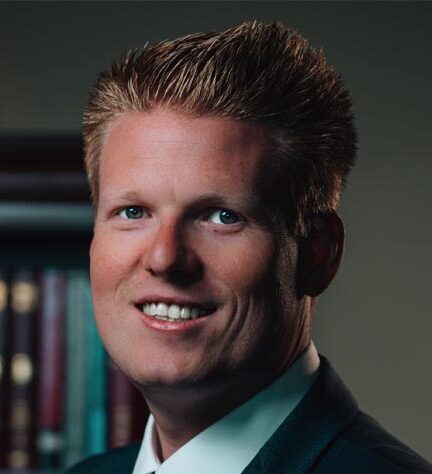Seeking justice against the perpetrator of a crime is generally understood as criminal prosecution seeking incarceration. But in the wake of a crime the victim is often left injured in a way that prosecution does not help. Victims left with physical, emotional and financial scars cannot be made whole by the jailing of the convicted.
Although prosecutors can and often do seek restitution as part of a sentence, this restitution is limited to the immediately measurable, out of pocket costs of a criminal action. For example, emergency room bills for a battery, or the fair market value of a stolen or destroyed piece of property.
Fortunately, crime victims can also recover through economic justice—the type of justice sought in the civil courts. The benefit of pursuing civil justice in relation to a criminal-actions is that it expands the options for recovery.
Most obviously, the crime victim has a right of action against the criminal. The victim may pursue a cause of action called an intentional tort. Florida recognizes a number of these causes of action, among which are Battery, False imprisonment, Trespass, Conversion (theft), and Intentional Infliction of Emotional Distress. The benefit of these action is that they allow for punitive damages—that is, recovery above and beyond the immediate out of pocket costs of the crime. This type of recovery can help a victim suffering intangible damages, such as emotional distress, be made whole in a way that restitution cannot.
But very often criminals are uninsured, or unemployed, or behind bars, and do not possess the financial means to make their victims whole.
In instances like these, we can also look to where the crime happened.
For example, did the crime happen in the parking lot of a shopping center? Did it happen in the breezeway of an apartment complex? Did it happen in a night club, restaurant or bar?
Businesses and properties that are open to the public owe duties to the public. They must provide safe and secure locations, and part of this duty is to protect their customers and the public from crime.
Is the parking lot dark? Has the apartment complex been warned repeatedly about criminal activity on its property and not acted? Did the night club or trucking company hire a dangerous employee without properly checking his background? In instances like these, the business and property owner have contributed to the crime by not fulfilling their duties to the public—and the victim of the crime has a legal right to recover against it.
The causes of action for these instances can be varied—such as premise liability, or negligent hiring—and specific to each case. If you are the victim of a crime interested in exploring your options for recovery, the experienced attorneys at Boatman Ricci can help. Contact us at (239) 330-1494.
* * * * * * * * * *
THIS BLOG IS INTENDED FOR GENERAL INFORMATION PURPOSES ONLY. IT DOES NOT CONSTITUTE LEGAL ADVICE. THE READER SHOULD CONSULT WITH KNOWLEDGEABLE LEGAL COUNSEL TO DETERMINE HOW APPLICABLE LAWS APPLY TO SPECIFIC FACTS AND SITUATIONS. BLOG POSTS ARE BASED ON THE MOST CURRENT INFORMATION AT THE TIME THEY ARE WRITTEN. SINCE IT IS POSSIBLE THAT THE LAWS OR OTHER CIRCUMSTANCES MAY HAVE CHANGED SINCE PUBLICATION, PLEASE CALL US TO DISCUSS ANY ACTION YOU MAY BE CONSIDERING AS A RESULT OF READING THIS BLOG.
#BoatmanRicci #Lawyers #southwestflorida #criminallaw #justice #crime


